Pakistan, US making 'diligent progress' on supply route despite tensions: Obama
Nato formally agrees to Afghan transition plan despite questions over future. Fears over al Qaeda spreading.
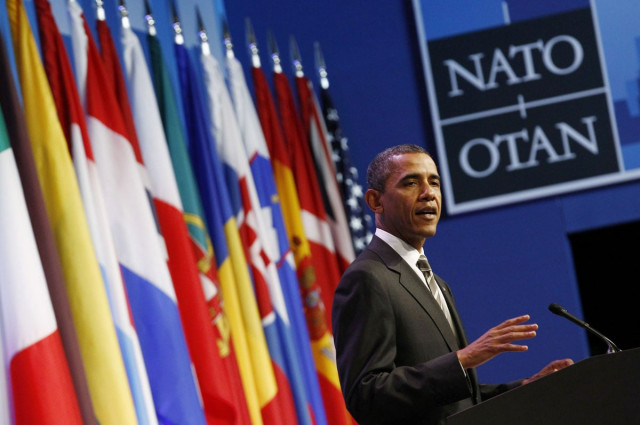
In a press conference at the NATO Summit in Chicago before it wound up, the US President did not mention Pakistan even once during his speech. And when he did choose to speak about Pakistan, it was following a direct question. He said that his discussion with President Zardari was very brief.
"It is in our interest to see a Pakistan that is democratic and stable," he said, "We need to work through some of the tensions that have inevitably arisen after 10 years of our military presence in that region. President Zardari shared with me his belief that these issues can be worked through."
He added that the US and Pakistan shared a common enemy.
Obama said that they were not expecting the reopening of NATO Ground Lines of Communications (GLOCs) during the course of the summit. However, he maintained that they had made "diligent progress on reopening of supply routes."
He said neither Afghanistan nor Pakistan would have stability unless they could resolve their outstanding issues. "I don't want to paper over real challenges," said the US President, adding that there had been tensions between Pakistan and the US and Pakistan and ISAF over the past several months. "Ultimately it is in our interest to see a stable Pakistan", adding that it was in Pakistan's interest to see that they were not consumed by extremism in its midst.
He was quick to remind that there existed real challenges with Pakistan.
Nato agrees Afghan transition
Nato leaders sealed a landmark agreement on Monday to hand control of Afghanistan over to its own security forces by the middle of next year, putting the Western alliance on an "irreversible" path out of a deeply unpo pular, decade-long war.
The summit in Chicago formally committed to a US-backed strategy that calls for a gradual exit of foreign combat troops by the end of 2014 but left major questions unanswered about how to prevent a slide into chaos and a Taliban resurgence after the allies are gone.
"After two years there will be a stable Afghanistan, but not perfect," Obama said.
President Barack Obama acknowledged NATO's plan was fraught with risk even as he touted it as a sound approach. The two-day meeting of the 28-nation bloc marked a milestone in a war sparked by the September 11 attacks that has spanned three US presidential terms and even outlasted al Qaeda leader Osama bin Laden.
Obama and NATO partners sought to show their war-weary voters the end is in sight in Afghanistan - a conflict that has strained Western budgets as well as patience - while at the same time trying to reassure Afghans that they will not be abandoned.
Alliance leaders acquiesced to new French President Francois Hollande's insistence on sticking to his campaign pledge to withdraw French troops by December 31, 20120, two years ahead of NATO's timetable. While there was no sign this would send other allies rushing for the exits, leaders could face pressures at home.
"We are now unified behind a plan to responsibly wind down the war in Afghanistan," Obama told the summit's closing news conference.
The summit's final communique ratified plans for the NATO-led army to hand over command of all combat missions to Afghan forces by the middle of 2013 and for the complete withdrawal of 130,000 foreign combat troops by the end of 2014.
The statement deemed it an "irreversible" transition to full security responsibility for fledgling Afghan troops, and said NATO's mission in 2014 would shift to a training and advisory role. "This will not be a combat mission," it said.
Doubts remain, however, whether Afghan forces will have the capability to stand up against a still-potent Taliban insurgency that Western forces have failed to defeat in nearly 11 years of
fighting.
"Are there risks involved?" Absolutely," Obama conceded to reporters, saying that while the Taliban no longer had a foothold in Afghanistan, they remained a "robust enemy" and that NATO's gains on the ground were still fragile.
While Obama insisted Afghanistan should never again be used to plot attacks on other nations, a senior British official said: "It is unrealistic to assume that Afghanistan is going to be completely secure and there is no possibility of a terrorist threat re-emerging."
With Europe's debt crisis hanging over the summit and many member-governments limited by austerity budgets, Obama also struggled to pin down final commitments from allies for the $4.1 billion a year needed to support Afghan security forces.
The funding - which will undergird Afghan's capacity to fight the Taliban and is considered vital to a smooth NATO departure - was not expected to be fully realized at the summit, but alliance officials believe it will eventually be provided.
Al Qaeda in Yemen a concern
Obama said Monday the United States was very concerned about Al-Qaeda's operations in Yemen, after almost 100 soldiers were massacred in a massive suicide bombing.
"We are very concerned about al Qaeda and extremist activity in Yemen," he told reporters, adding the US was working with the Yemeni government to identify leaders of the terror group in the Arabian peninsula country.
Obama said there was no doubt that Yemen's poverty and instability attracted extremists, and added that Washington, which has used drones to take out leaders of al Qaeda in the Arabian Peninsula (AQAP), had a robust counter-terror operation there.
"We're going to continue to work with the Yemeni government to try to identify AQAP leadership and operations and try to thwart them," Obama said at a press conference wrapping up the NATO summit in Chicago.
"That's important for US safety, it's also important for the stability of Yemen and for the region."
In the attack in Yemen, a soldier detonated explosives under his uniform in the middle of a battalion, killing 96 troops and wounding about 300, in a massive blast witnesses said echoed loudly across Sanaa, causing panic among residents.
Yemen-based AQAP, claimed responsibility for the attack which it said targeted "the defense minister and other leaders of the US war on our people in Abyan" province in the south.

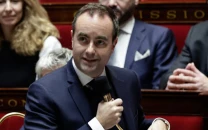
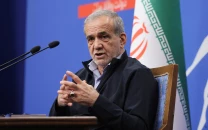
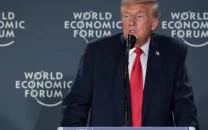
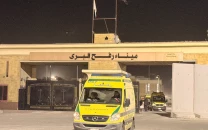
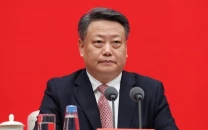
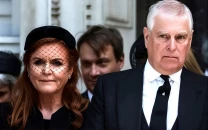












COMMENTS
Comments are moderated and generally will be posted if they are on-topic and not abusive.
For more information, please see our Comments FAQ